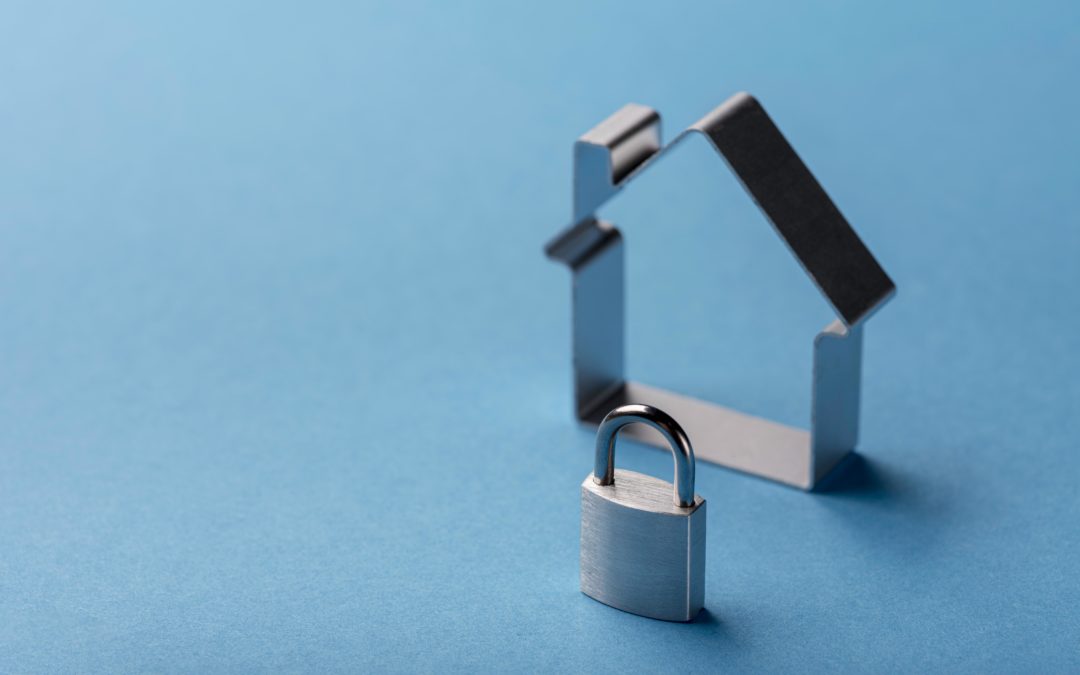A rate lock guarantees your interest rate for a specified period of time. It’s common for lenders to offer 15, 30, 45 and 60 day rate locks for a fee or to include the price of the rate lock into your loan. The shorter the lock the better the rate can be. Some lenders will lock rates for longer periods, even exceeding 60 days, but those locks can be costly. In today’s volatile market, some lenders will lock an interest rate for only 22 days because they don’t want to take on unnecessary risk.
The benefit of a rate lock is that if interest rates rise, you’re locked into the guaranteed rate. Some lenders have a floating-rate lock option, which allows you to get a lower rate if interest rates fall before you close your loan. Normally this type of float down is for purchases only. In a falling rate environment, a float-down lock could be worth the cost. Because mortgage rates are not predictable, there’s no guarantee that rates will stay where they are from week to week or even day to day. So, if you can lock in a low rate, then you should do so rather than gamble on interest rates falling even lower.
Keep in mind that during the pandemic, all aspects of real estate and mortgage closings are taking much longer than usual. Expect the closing on a new mortgage for a purchase to be around 30 to 40 days. When refinancing your current mortgage will take around 45 to 60 days.


Recent Comments